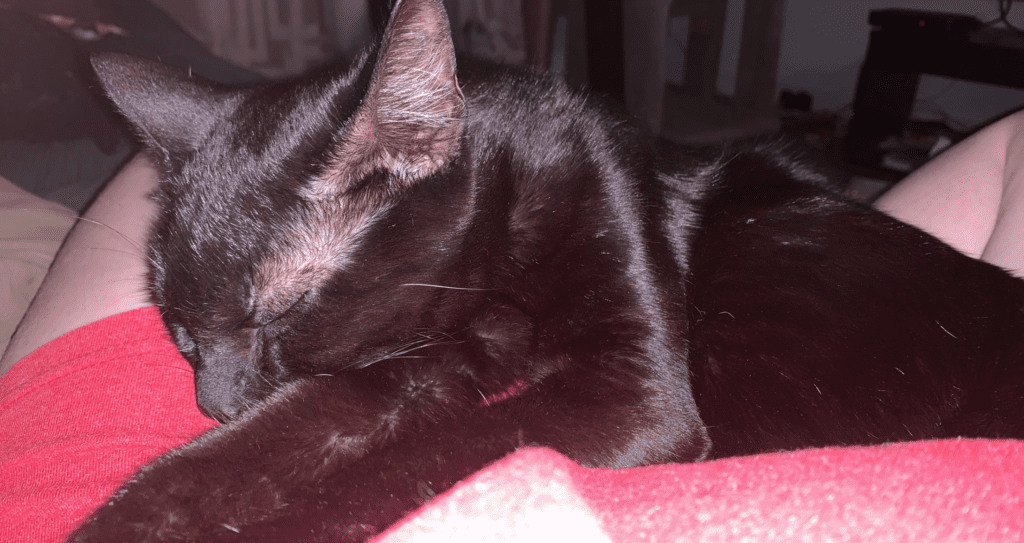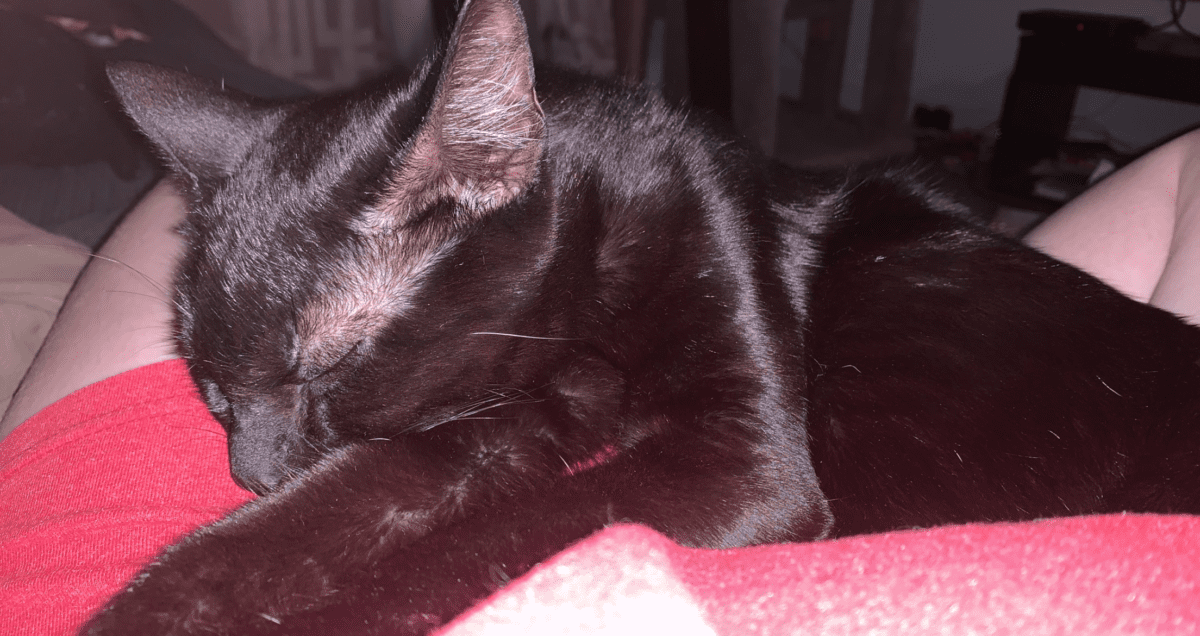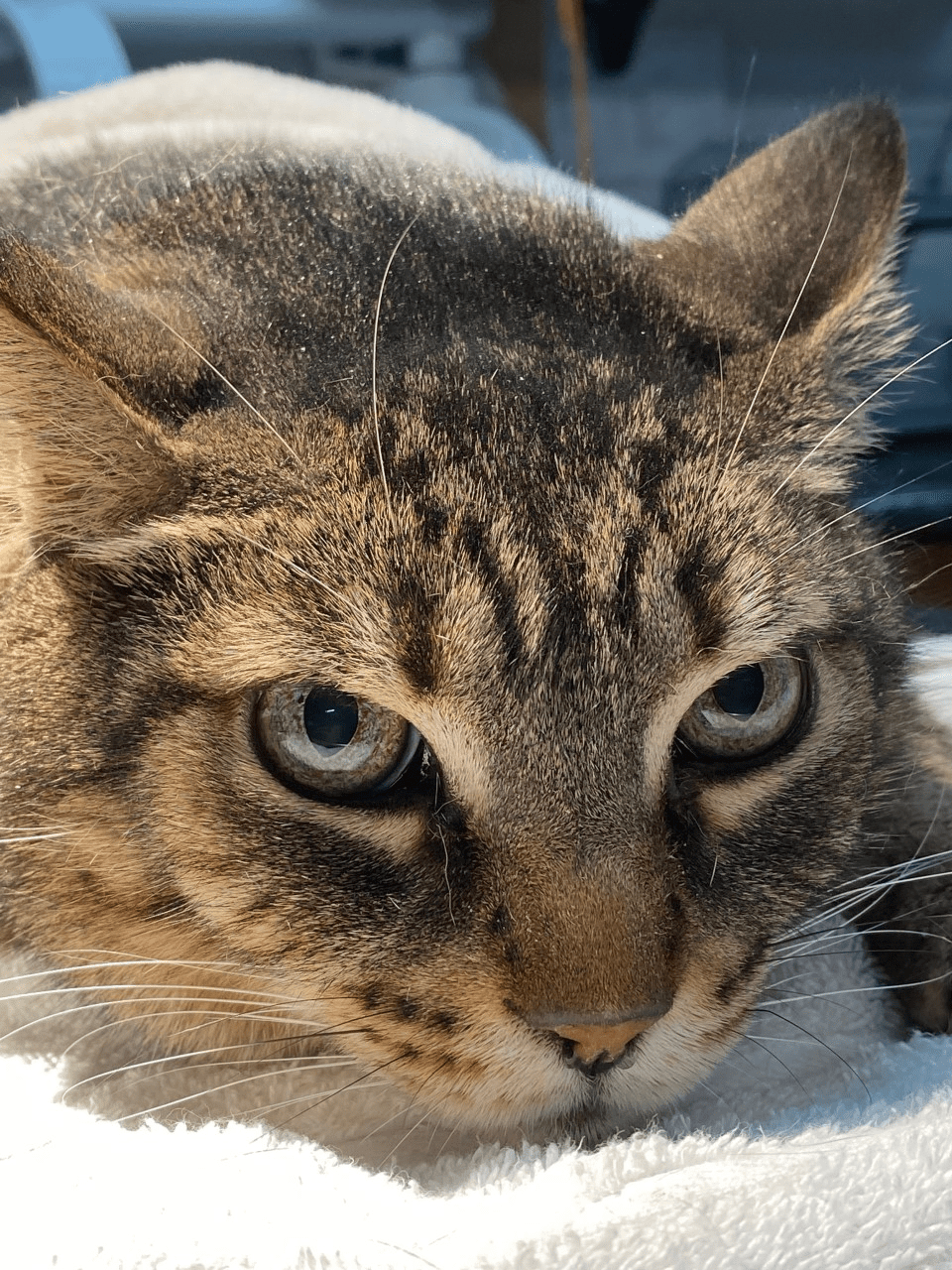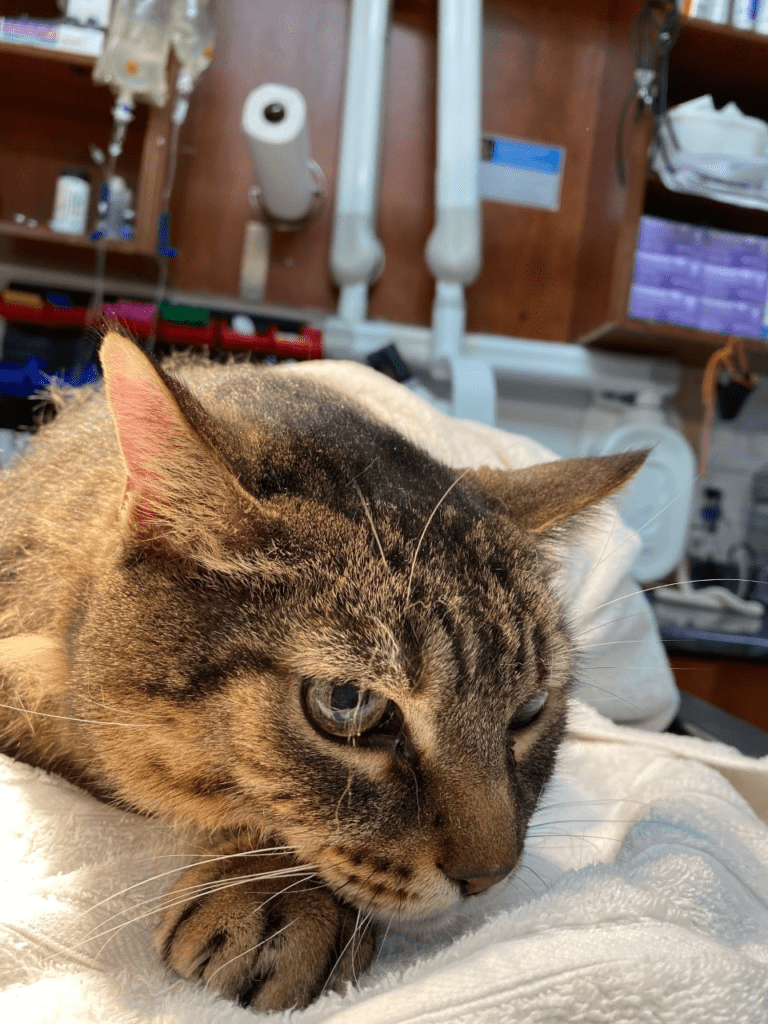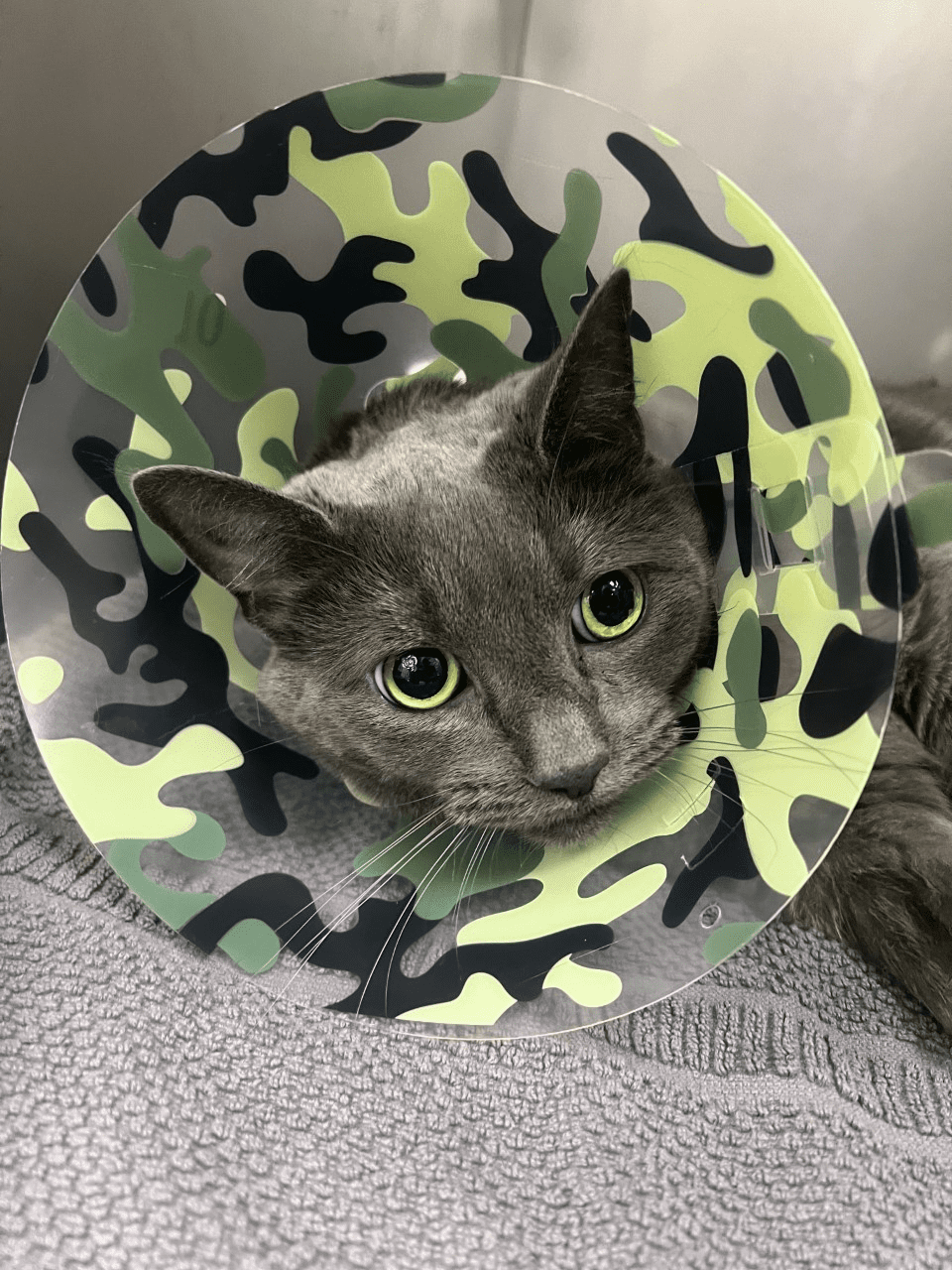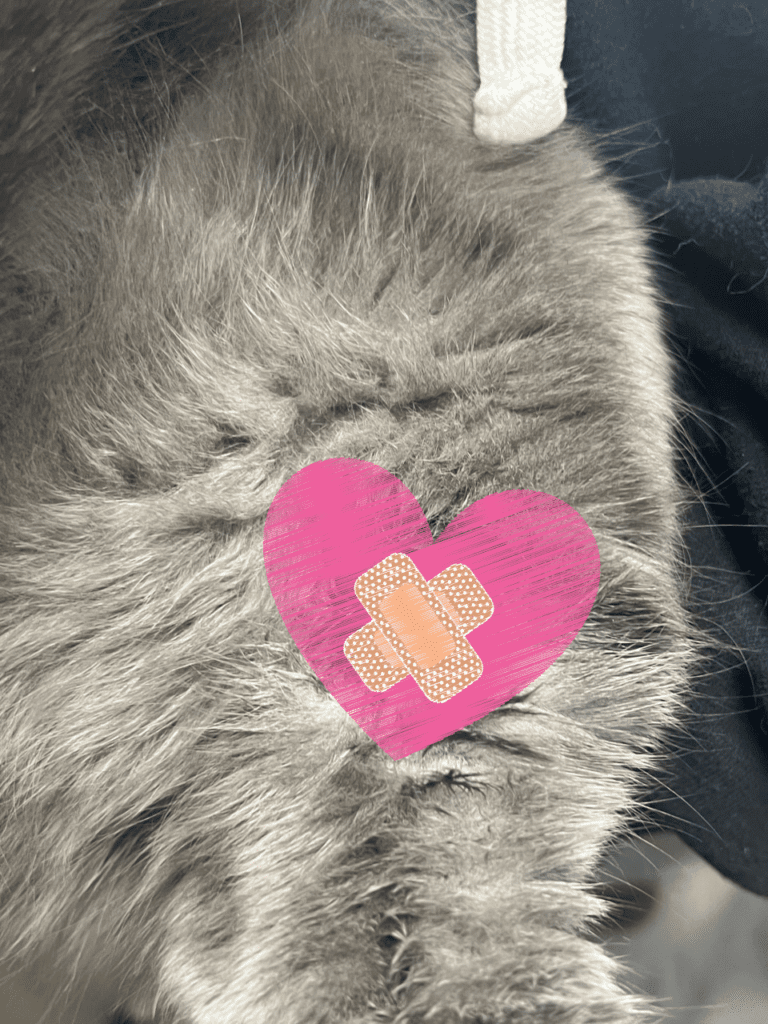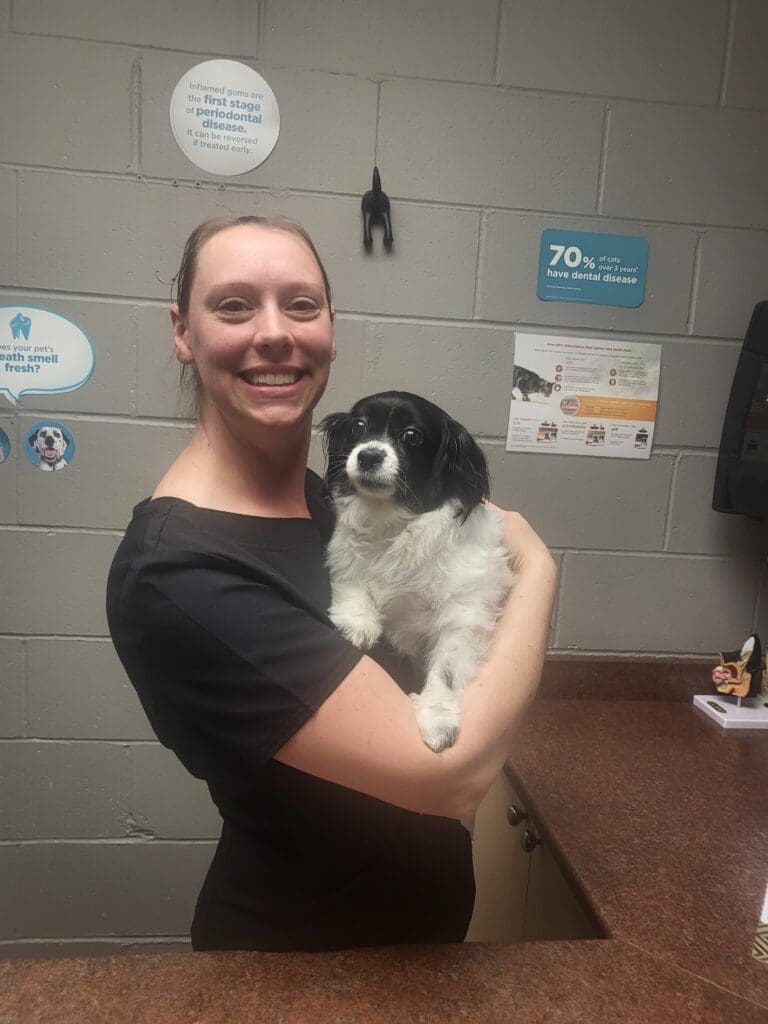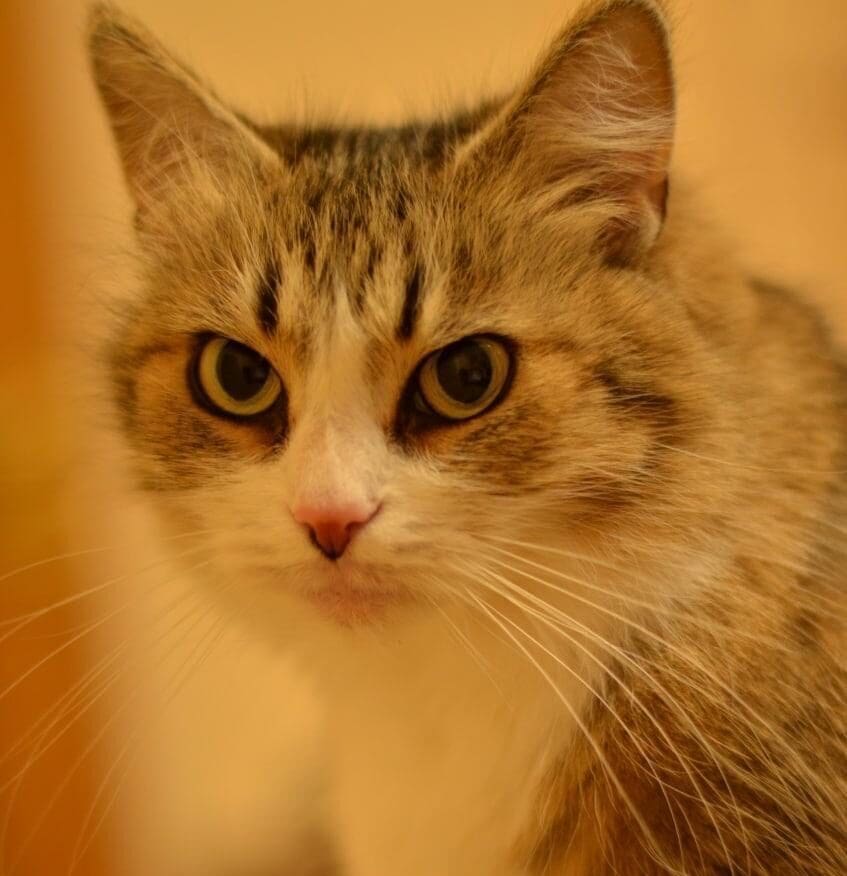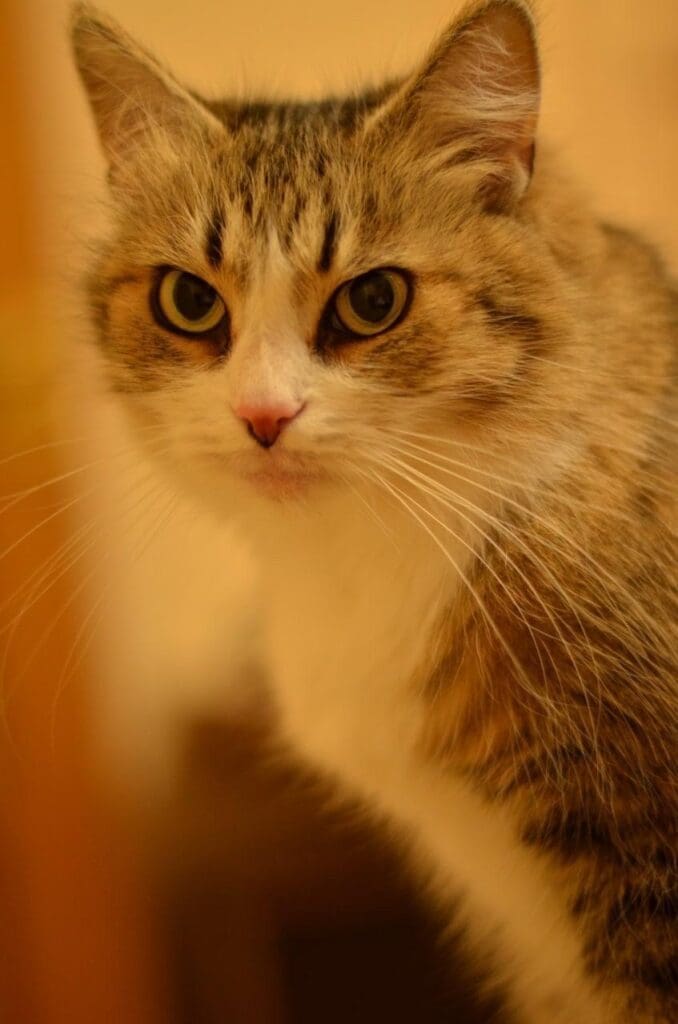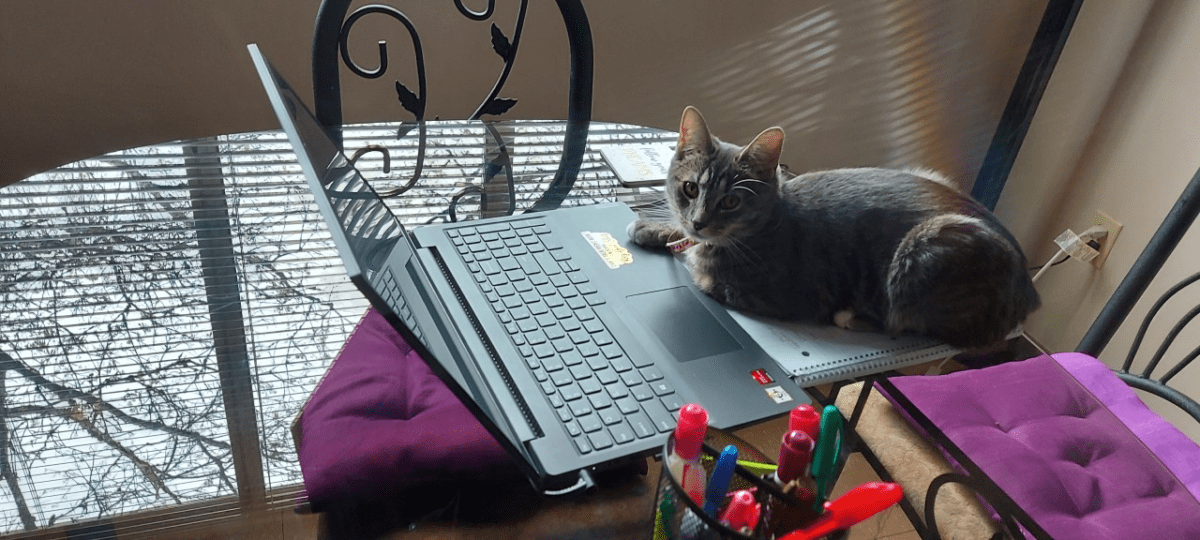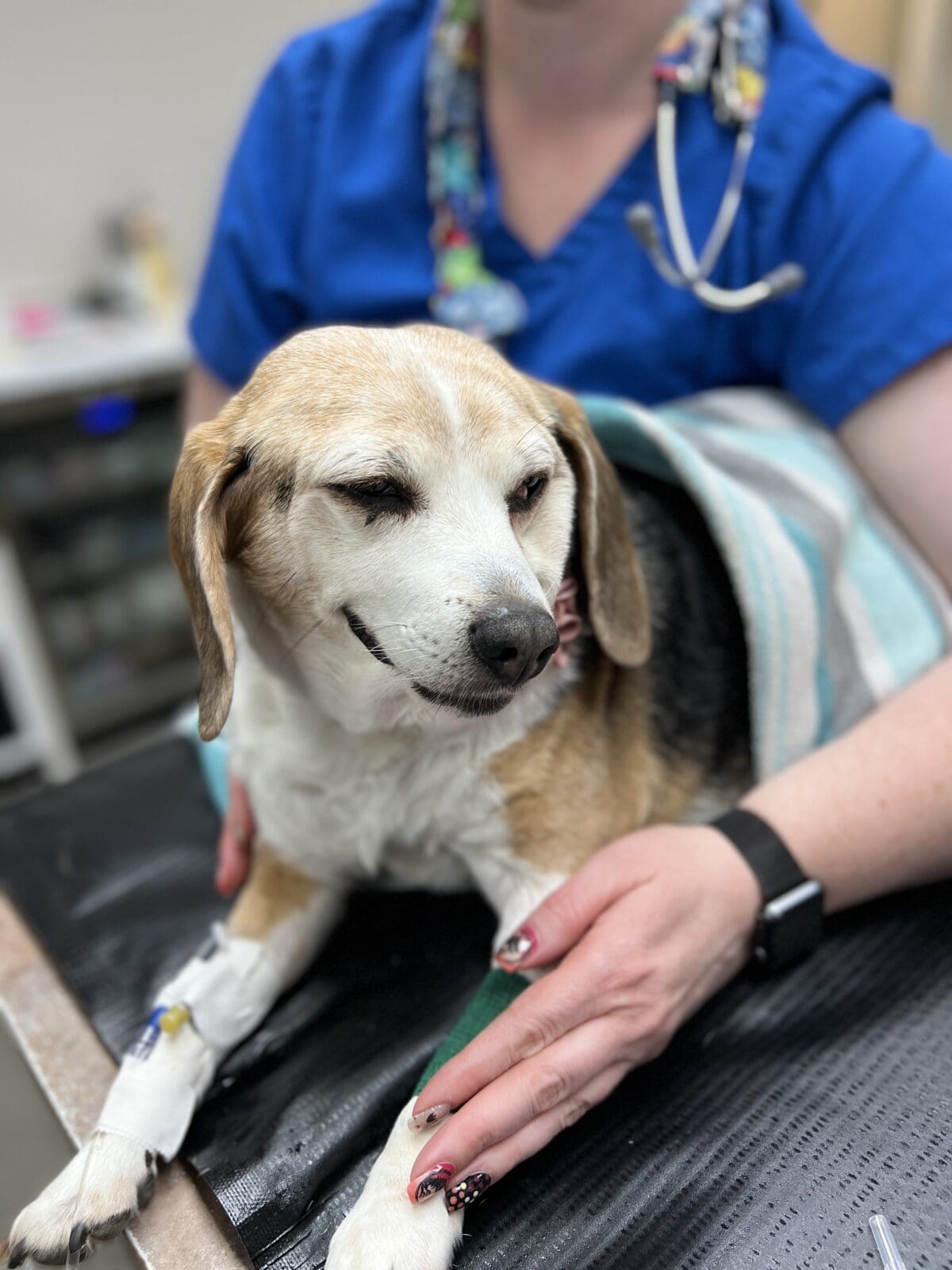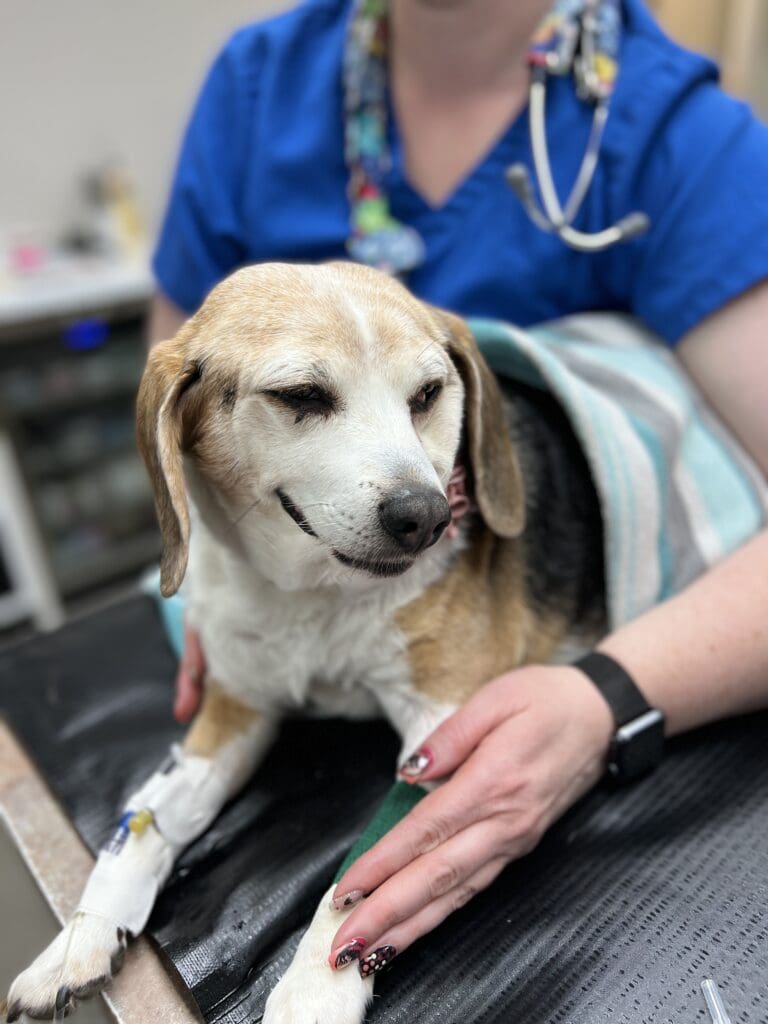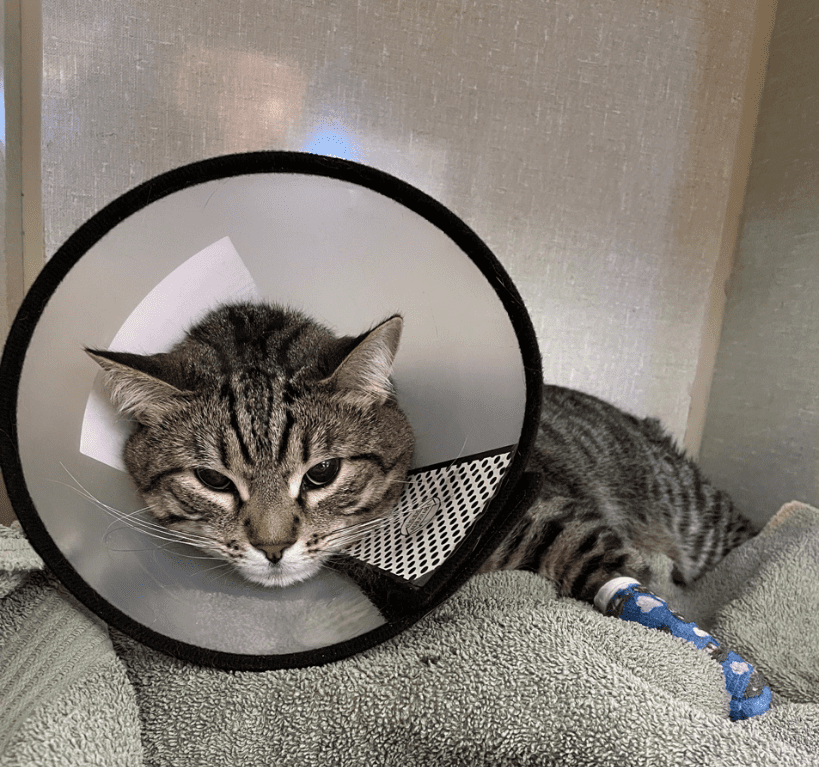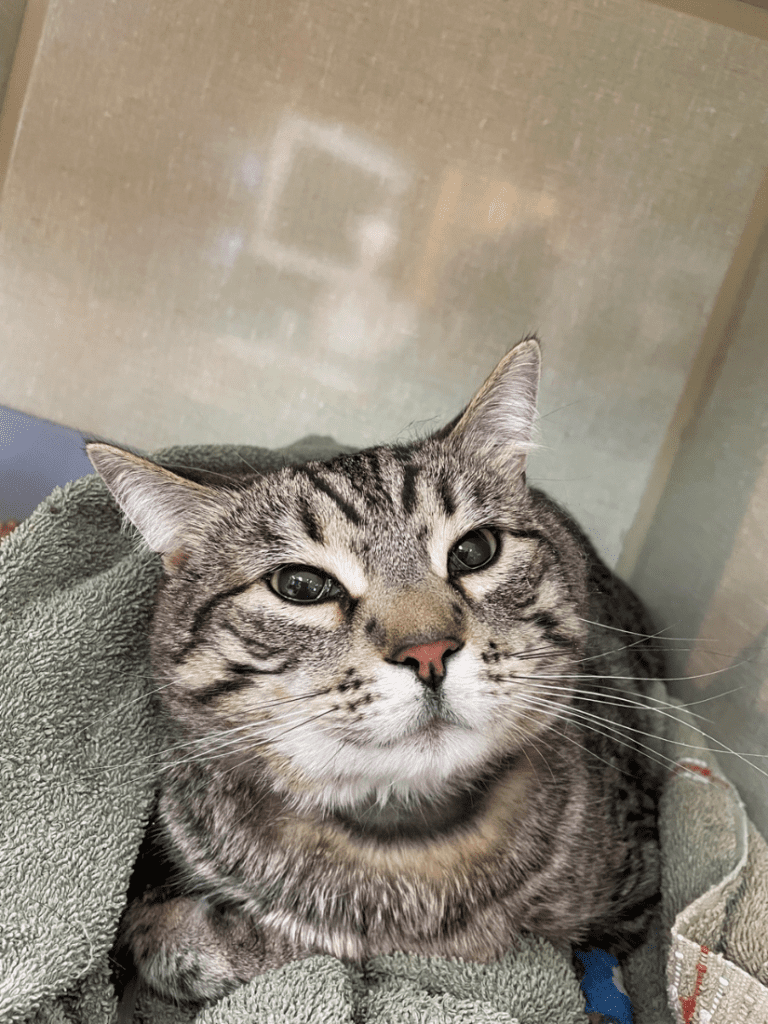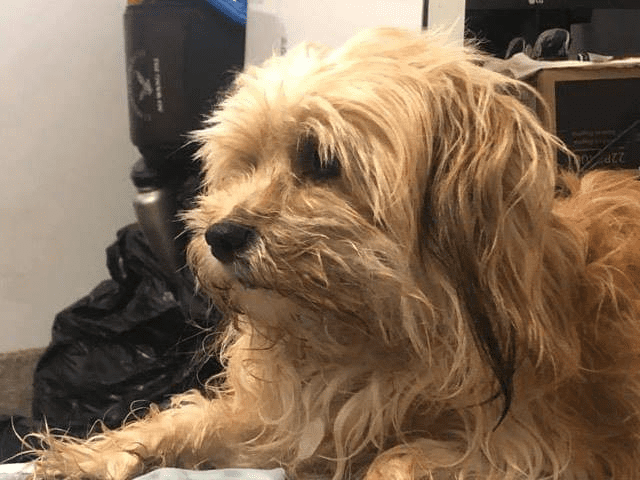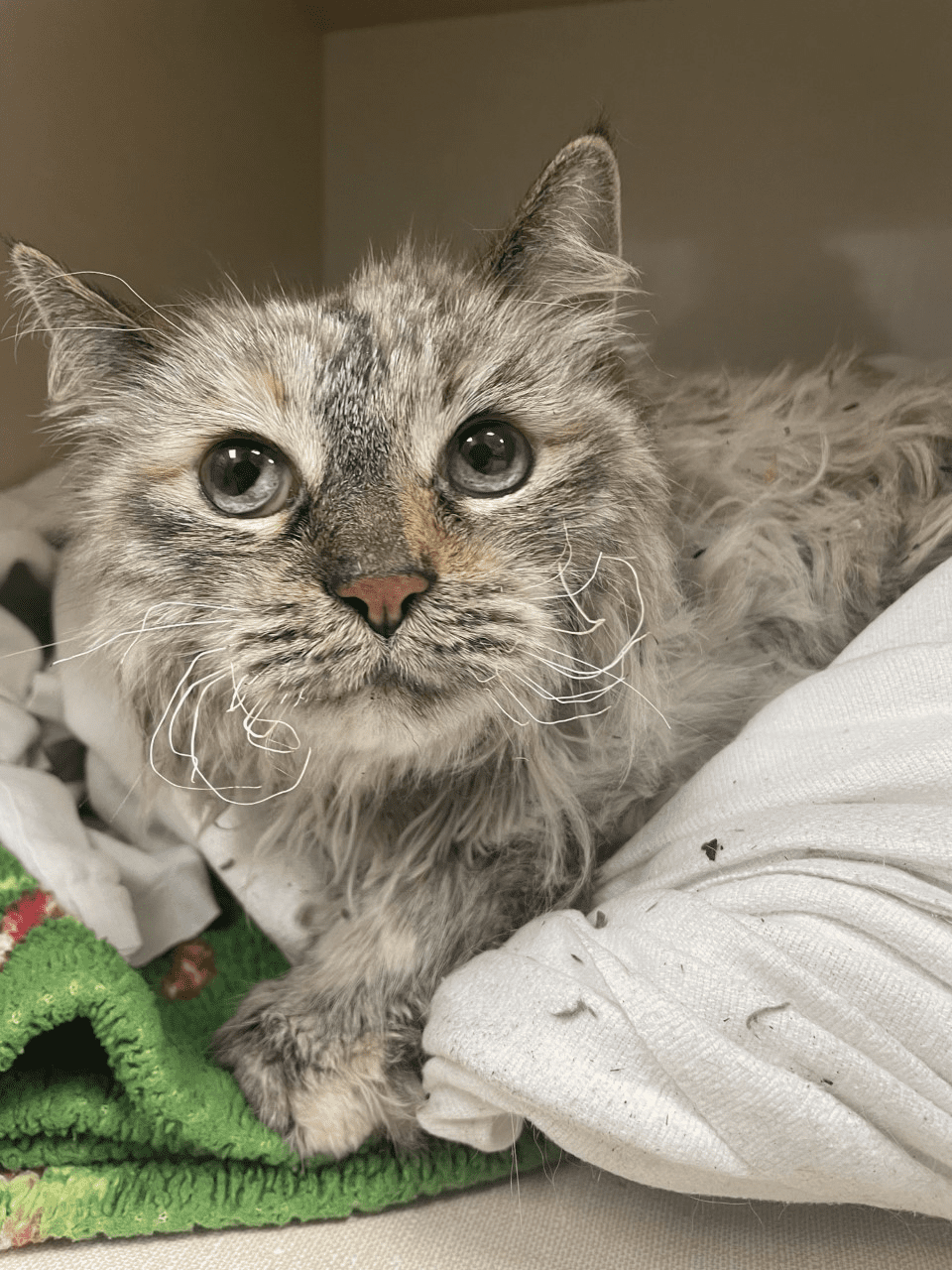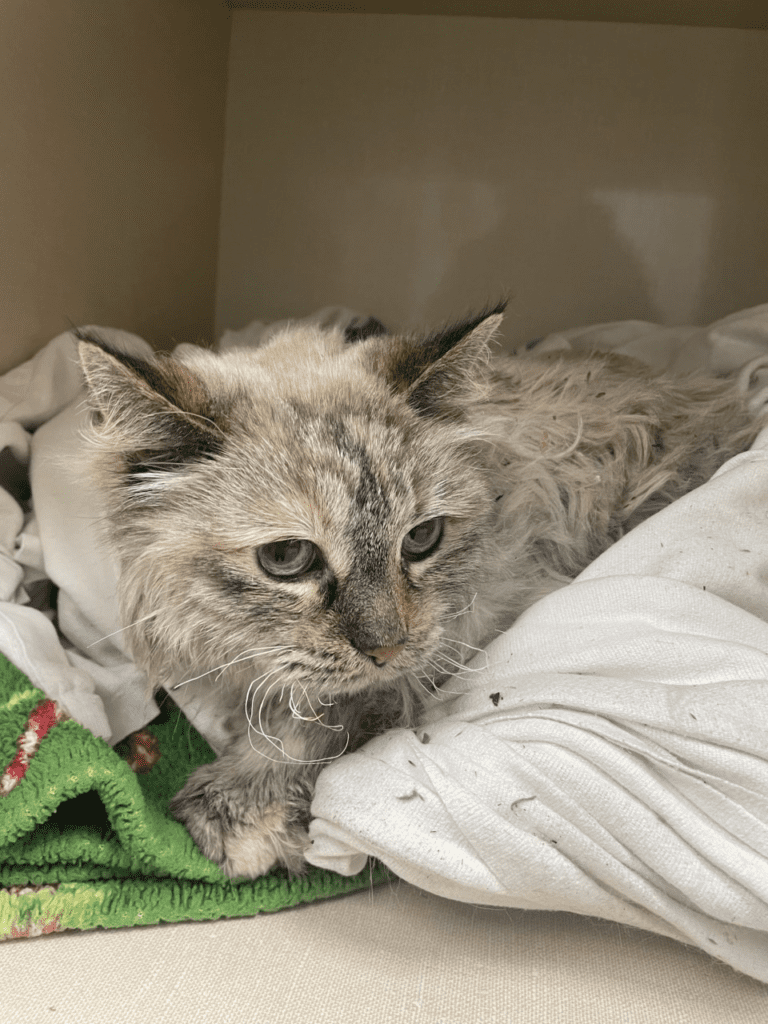Cuddly Mr. Ginny needs urgent help to treat a mass in his mouth.
Ginny came to his guardian Kaylah as a young kitten after being found in a barn. Kaylah lovingly provided him all the care he needed, and he has since grown into a confident juvenile with a big personality. When he’s not snuggling up to Kaylah or his cat sister Apollo, he loves carrying around his huge toys, stealing French fries, running under people’s feet, and trying to tip over his water bowl!
Sadly, Ginny has recently developed a growth in his mouth that is impeding his ability to eat and drink. He needs urgent treatment to remove it and determine if it’s cancerous.
“I love my furbabies more than anything in the world. Both are HUGE emotional support systems for me. I do not want to have to surrender him, but I would if that’s what it takes to get him the help he needs.”
No pet guardian should be faced with the choice to give up their beloved companion because they can’t afford care. Can you help Ginny get the treatment he needs while staying with the family he loves?
Your gift will make double the difference! An anonymous donor is currently matching all donations made toward the McVitie Fund, up to $25,000.
